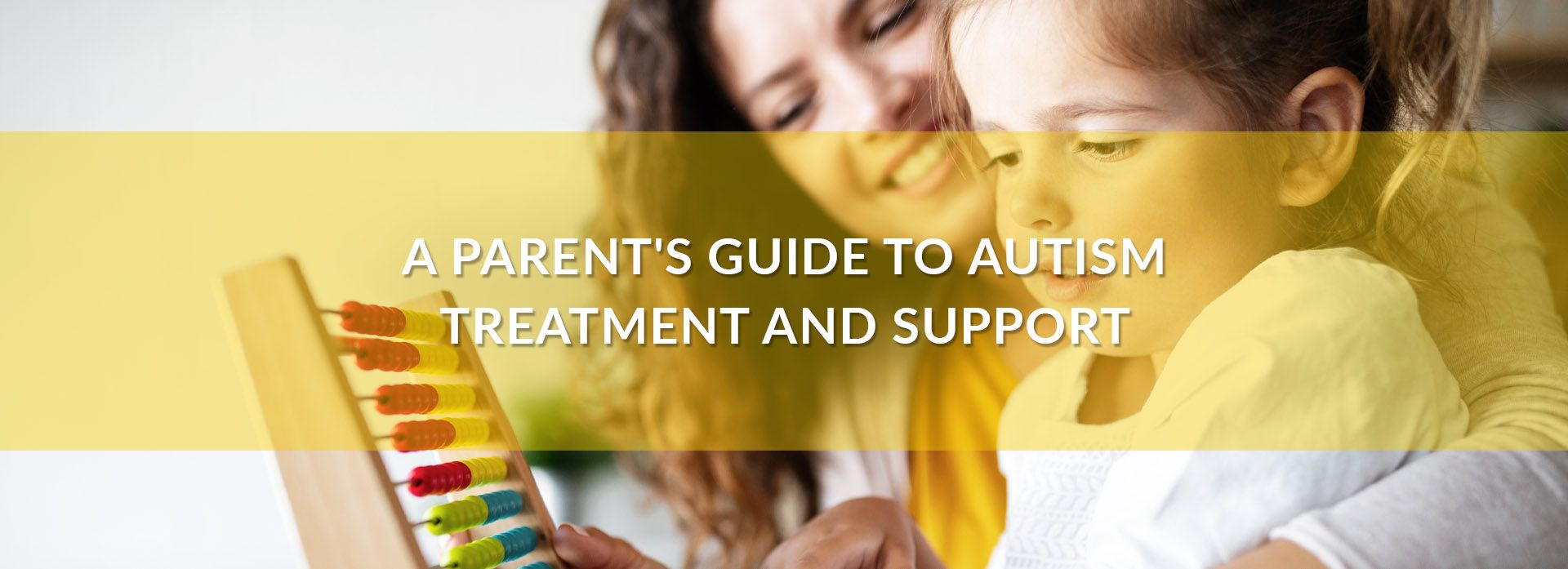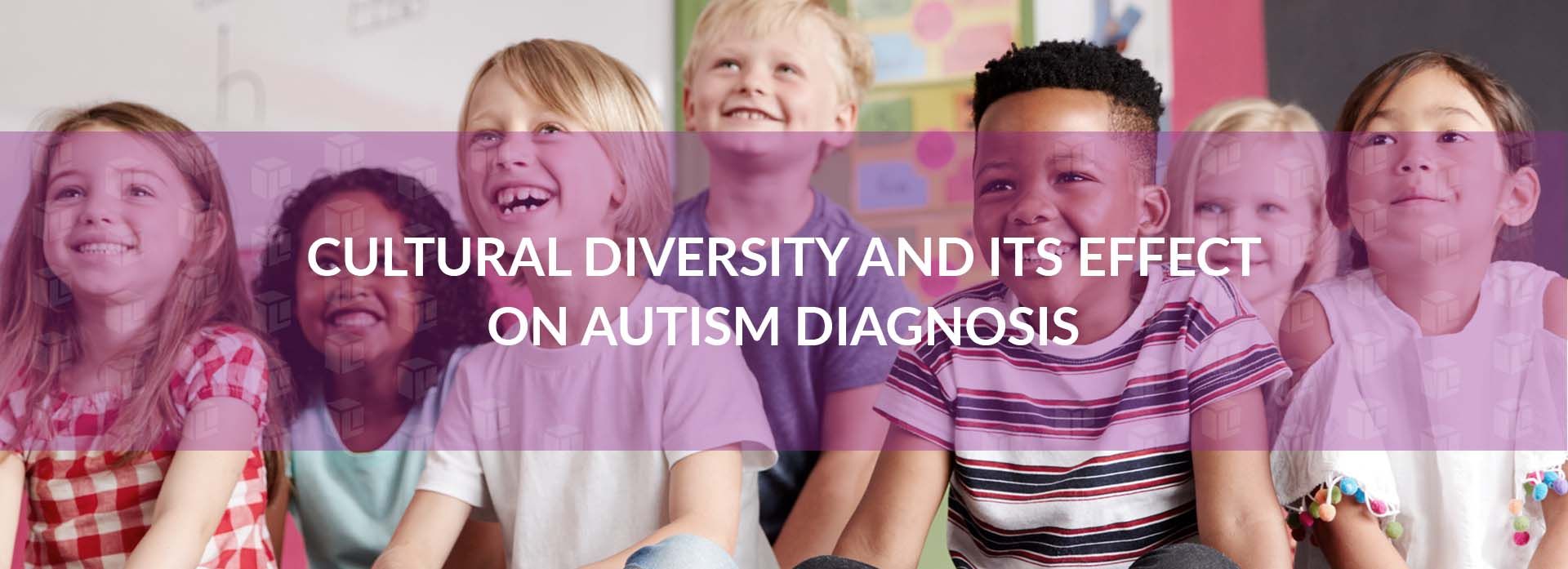A Parent’s Guide to Autism Treatment and Support
 If you are learning your child has autism, figuring out your next steps may seem complicated. No one is prepared to hear their child is anything but happy and healthy, and hearing Autism Spectrum Disorder can come across as frightening, so let’s define it.
If you are learning your child has autism, figuring out your next steps may seem complicated. No one is prepared to hear their child is anything but happy and healthy, and hearing Autism Spectrum Disorder can come across as frightening, so let’s define it.
Autism Spectrum Disorder (ASD) is defined “as a developmental disorder that affects communication and behavior.” Children do not “grow out” of ASD, but they can receive treatment to help them develop new skills and overcome these developmental challenges. Early intervention is the most effective way to help your child find the right treatment and program type.
Common treatment plans include
- Behavior therapy
- Speech-language therapy
- Play-based therapy
- Occupational therapy
Lexington Services offers autistic support services to kids with autism and other disabilities. Lexington Therapy Services provides children with skilled therapists and individualized plans for children to achieve their goals and thrive in life.
Lexington also provides an After School Program, Adult Program, and a Summer Program for individuals with Developmental Disabilities. Members can take advantage of several types of therapies in a center or in a home environment.

Support is an essential part of you and your child’s journey. The right kind of support can bring together answers and ease in the same setting. Support groups and respite are great forms of autism support.
Support groups allow parents to share information, receive advice, and really lean on each other for things emotional. Respite, which is provided by Lexington, can give parents a break from time to time. Lexington would match your child with a caregiver who will take over temporarily for a few hours or even days and provide autism help.
Another essential thing to remember is your own self-care. Raising a child is not easy, and raising a child with special needs provides more challenges. Making sure you are taken care of will bring out the best in your child too.

When looking for treatments, you will also come across programs.
These programs may include:
- Government programs
- In-Home Behavioral
- School-based programs
Government based programs can begin as soon as a parent suspects something. Under the Individuals with Disabilities Education Act (IDEA), children with disabilities are eligible to receive free or low-cost services. Infants through the age of two years old are eligible for early intervention programs. These early intervention programs are tailored to your child’s unique needs.
To qualify, a child must undergo a free evaluation. Once the assessment is complete and if a developmental problem is found, the parent will then work with the providers to determine an Individualized Family Service Plan to describe the needs and specific services for the child.
Children three years and older are eligible for school-based programs. In school-based programs, children with ASD are placed in small groups with other children of the same level to receive more individual attention and specialized instruction. Depending on their abilities, these children may still spend part of their day in a regular classroom.

To receive school-based services, your local school system will have to evaluate your child. After the evaluation, an Individualized Education Plan (IEP) is created to address your child’s needs and the educational goals for the school year.
Lastly, in-home behavioral programs are also available. In-Home Behavioral Services “offer support to a youth who has a challenging behavior that interferes with everyday life.” Here, a team works with the child and parent to create a behavioral plan to improve their functioning.
Although a diagnosis for your child may seem frightening, taking the first steps don’t have to be. With the right treatment and programs, your child can thrive. Lexington Services is committed to tailoring to every child’s needs and building a foundation for students to achieve their highest potential. Learn more about us today.

Disclaimer: This post attempts to publicize ideas and comments that we find would be useful for our community to know. Our post is by no means intended to prompt you to handle your challenges in any specific way. We desire to bring helpful information to all our audiences and shine a light on popular topics.


